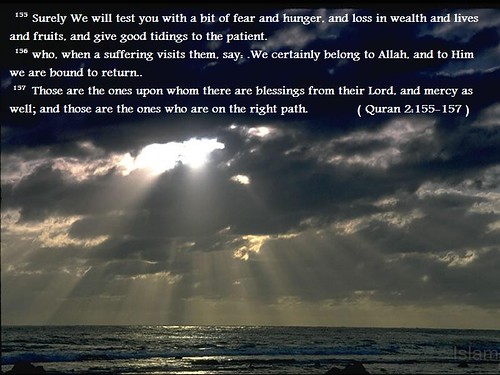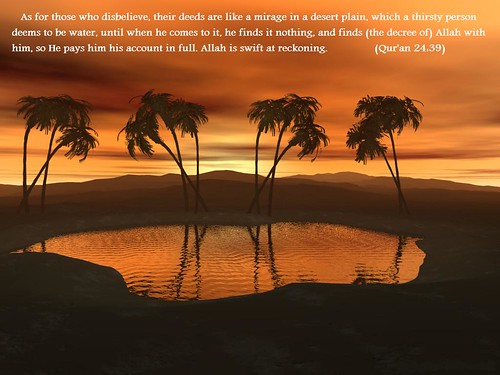- Messages
- 373
- Reaction score
- 1,091
- Points
- 153
GETS ME EVERYTIME..
- Sahaba: Why are you crying, oh Messenger of Allah?
- Prophet: I miss my brothers..
- Sahaba: Are we not your brothers, oh Messenger of Allah?
- Prophet: No, you are my Companions. My brothers are those who will come after me and they believe in me without seeing me.


















